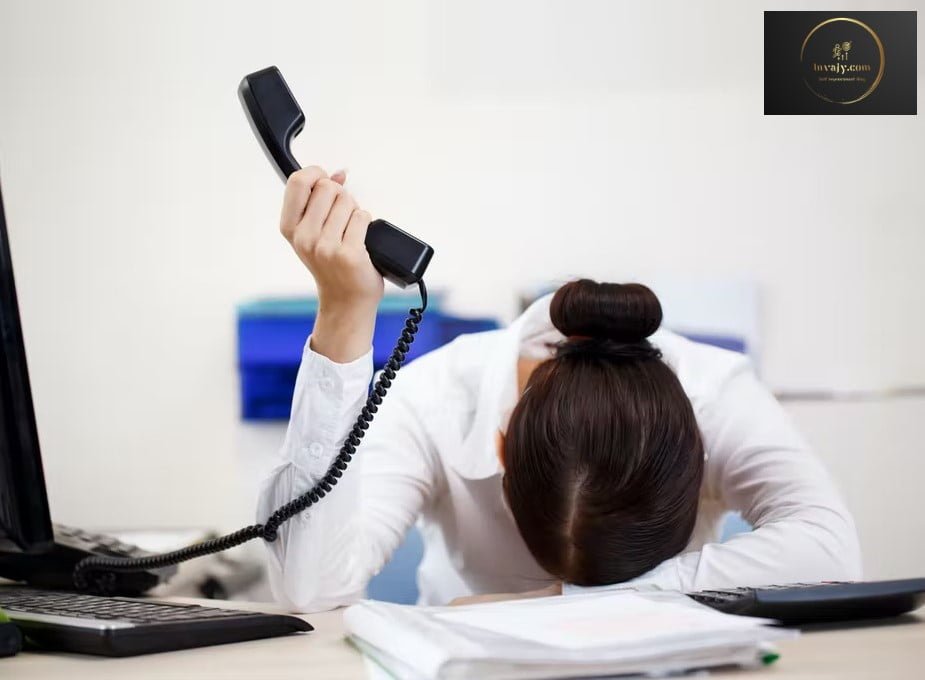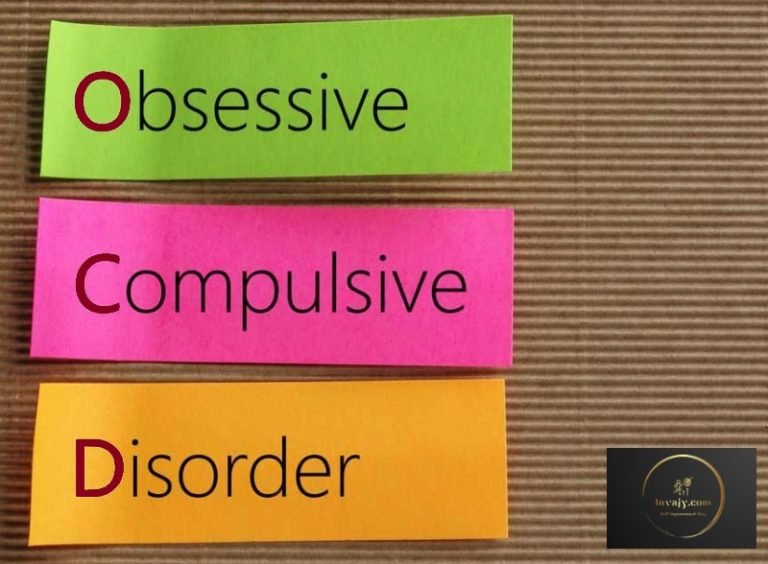How to Get Over Your Phone Anxiety?
Address phone anxiety with practical tips to ease discomfort and build confidence. Learn strategies to manage stress and communicate effectively, turning calls into a positive experience.

Have you ever experienced that your mobile phone was ringing in a mall or in your bedroom, and you felt something uncomfortable down in the pit of your stomach? You found yourself staring the smart phone, trying to decide if you wanted to answer it or not. If hearing the cell phone ring makes you panic or the thought of making a call give you cold sweats, you may have Phone anxiety – or telephobia.
Though, we have entered in an era of smart phones, where from booking your cabs to ordering your food is done through phones apps; still for some people, making or receiving calls is a stressful experience. Recognized as an offshoot of social anxiety disorder, telephobia afflicts people across countries and generations.
In this article, we will discuss what phone anxiety or telephobia is and look at steps to help you get over it.
What is Phone Anxiety?
Phone anxiety – or telephobia – is the fear and avoidance of phone conversations and it’s common among those with social anxiety disorder.
Causes of Phone Anxiety
There are many factors that can cause people to have phone anxiety. The most common causes of phone anxiety are
Performance Anxiety
Making a telephone call is a performance, so it’s likely that the anxiety associated with the phone call is a type of performance anxiety. Performance anxiety affects up to 20% of Americans.
Depression
Another cause of people avoiding the phone is depression. Depression is a serious condition that causes symptoms like extreme sadness, fatigue, guilt, and social withdrawal.
While in a major depressive episode, people tend to withdraw from communication, including over the phone. Depression rates in United States of America is increased to 32.8% in 2021.
Extremely Introverted Personality
In come cases, avoidance to the phone calls has a much simpler explanation, like having extremely introverted personality. Introverts make up an estimated 25%-40% of the population and tend to focus more on internal thoughts, feelings, and moods rather than seeking out external stimulation.
Posttraumatic Stress Disorder (PTSD)
Posttraumatic stress disorder (PTSD) is a mental condition that affects 3.5% of the U.S. population. It occurs after an individual has experienced any kind of traumatic event and can be triggered by factors that serve as reminders of the sufferer’s experience. PSTD can be one of the reasons for the phone anxiety.
For example, those who may have experienced a traumatic event such as receiving bad news over the phone could develop PTSD and telephobia. Telephone calls may trigger their PTSD, which will lead them to shut down or avoid talking over the phone altogether.

Symptoms of Phone Anxiety
Some emotional and physical symptoms of phone anxiety include
- Delaying or avoiding making calls because of heightened anxiety
- Feeling extremely nervous or anxious before, during and after the phone call
- Worrying about what you’ll say
- Panic attacks on hearing the ringtone you have set
- Trouble concentrating
- Nausea
- Increase in pulse rate
- Breathlessness or shortness of breath
- Dizziness
- Muscular tension
How to get over your Phone Anxiety?
It’s easy to avoid phone calls when you’re feeling anxious, but the more you procrastinate, the worse the anxiety is likely to get. Here are the tips and strategies on how to get over your phone anxiety.
Face the fear
One of the most effective ways to overcome phone anxiety is to expose yourself to more phone calls. Face your fear gradually and practice making phone calls. The more phone calls you make, the less daunting of a task it becomes. Similarly, pick up the every call you receive. The more you practice, the more you will feel ready for all the different scenarios you might encounter.
If your phone anxiety is linked to a lack of experience than this strategy will help you immensely. This exposure therapy will make you be less anxious and feel more confident.
Prepare talking points
Just like practice makes perfect, so does preparation. When you get nervous for a phone call, it’s fair to say you may get a little jumbled and forget a few key points of your pitch or consultation. It’s important to do some preparation before making a call, but don’t go overboard. Do your proper homework before conversation and think about the important points you want to make in your conversation. You may create a bullet point script and feel confident while talking.
You can always take a moment
Few people feel anxiety when they don’t have answers to the questions being asked over the phone. If someone asks you a question that you can’t answer at that time, about your rates or technical specification, for example, it’s always an option to say “let me get back to you on that”. Accept the fact that you are not expected to know everything immediately.
Smile
You should try to smile while speaking on the phone. Before making and receiving calls, put a smile on your face. This may sound silly, but it helps you to relax and conveys a sense of pleasantness to the person you’re speaking with. Studies show that people can hear a speaker’s expression in their voice. Smiling while talking over phone will inspire trust and confidence, and it will make you feel better about the message you’re delivering too. You are going to feel less anxious with a smiling face.
Visualization
Visualization is a powerful technique that can help relieve the symptoms of phone anxiety. The technique involves using mental imagery that you are having a conversations over phone with relaxed state of mind. You are confident during conversations and speaking for long durations. Such imagination during visualization sessions will reduce your phone anxiety and you will feel comfortable while doing real conversations over phone.
Cognitive behavioral therapy (CBT)
If the above techniques does not improve your phone anxiety, then seek professional help. Counselling is a great option and there are a number of talking therapies available. One of those is Cognitive behavioral therapy (CBT); which is a very effective treatment for social anxiety. CBT works on negative thought patterns or behaviors in an effort to recognize and restructure them. In other words, CBT can help you change how you approach a situation.
Cognitive therapy can be extremely useful in dealing with phone anxiety. It helps you focus on the reality and give evidence for the fears about the situation. Through restructuring your thought and behavior patterns, you are able to modulate them. You are more in control to deal with those fears.
That’s all from my side. I hope, you liked this article on mental health. Please share this on your favorite social media portals with your friends and relatives. Also share in the comment section about your experiences on phone anxiety.
(Disclaimer: This article is for general information only. Before adopting preventive methods / measures / treatment, please seek medical advice.)






